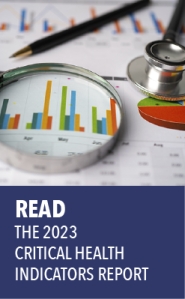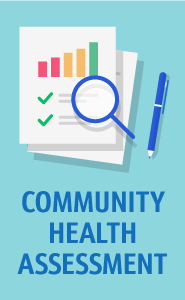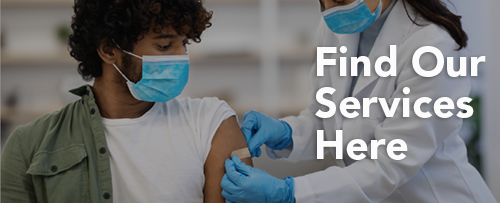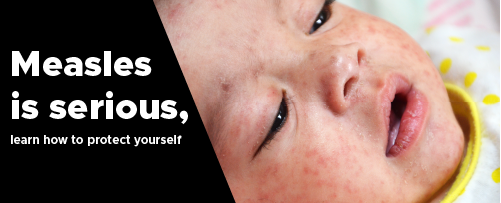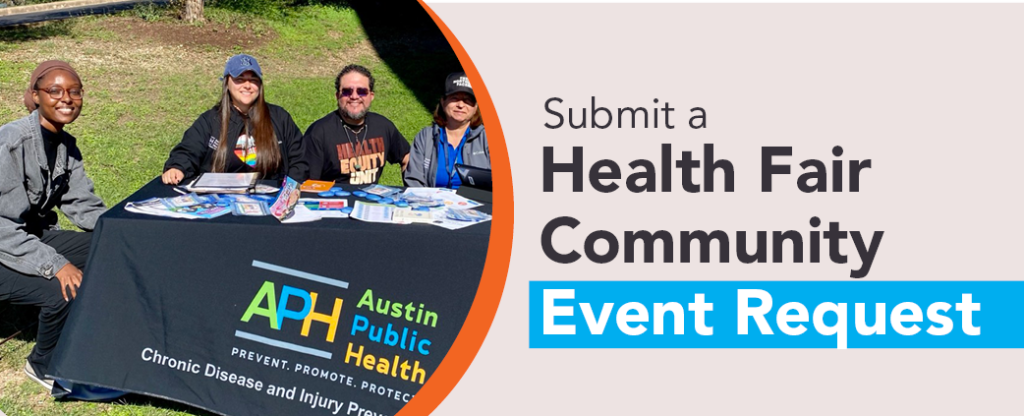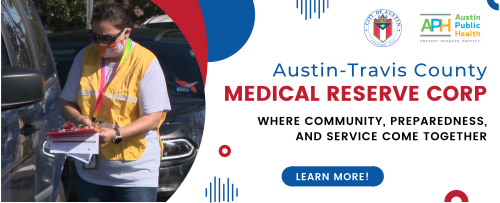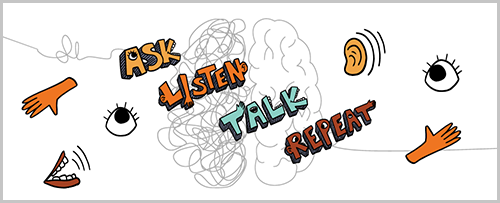
Austin Public Health
Translations: Español | Tiếng Việt | 中文 (简体) | 中文 (繁體) | 한국어 | ဗမာ (မြန်မာ) | اُردُو | العربية
To find a list of services offered by Austin Public Health, please click here.
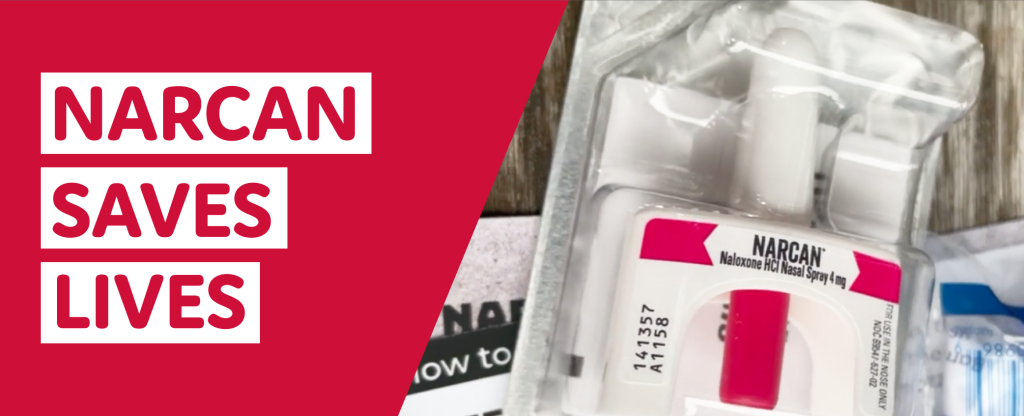
Watch a short video to learn how to use naloxone (NARCAN) spray.
To learn more about how you can recognize and prevent opioid overdoses, visit one-dose.org.
View our dashboard for data on opioid overdoses in Austin and Travis County.
To find a resource hub containing educational materials, resources, and access to information, please click on this link.
About one in five people who get measles will have to be hospitalized. Talk to your healthcare provider to make sure you’re vaccinated against measles.
To submit a request for Austin Public Health (APH) staff to provide services at your event, please click on this link.
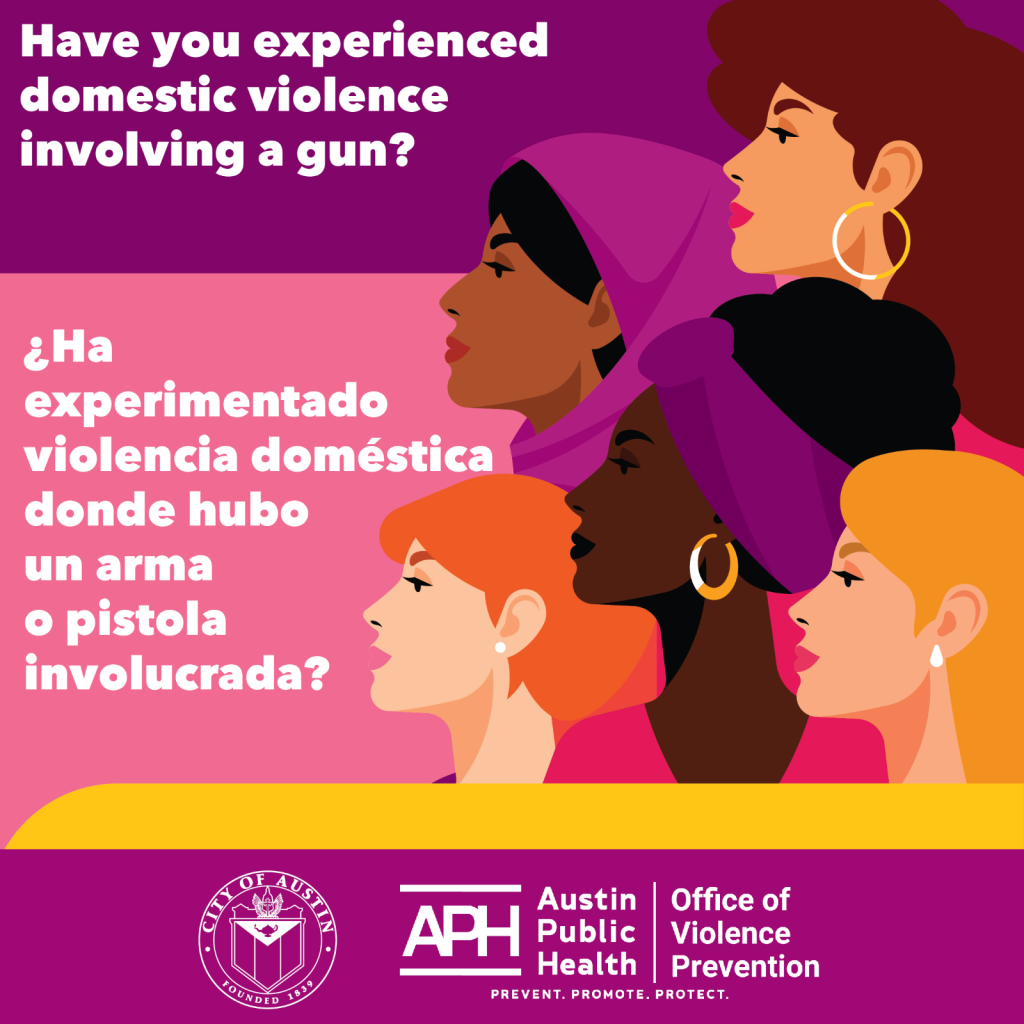
To find our Firearm and Partner Violence Survey, please click here. (Encuesta Español)
.png)
Austin Public Health's 2023 Year in Review — a testament to resilience and community well-being. To view our 2023 Year In Review, please click here.
To find more information on the Austin-Travis County Medical Reserve Corp, please click here.
Children and youth are struggling with their mental health and need help. In recent years, we have seen big increases in depression, anxiety and youth thinking about suicide. As a result, the use of suicide hotlines, outpatient psychiatric services and emergency room visits among children and youth has grown. For more information on Children's Mental Health, visit asklistentalk.org.
To pick up a set of cards you can use to begin a conversation with your child, visit one of our neighborhood centers, or ask for them at your closest branch of the Austin Public Library.
You feel stressed - we feel it too. Since 2020, stress levels have gone up in populations across the world. But stress doesn’t have to derail our lives. The Address Your Stress campaign explains how stress affects the mind and body - and what you can do to interrupt stress before it causes harm to you, your family, and your community.
Suicide Prevention
Suicide is a serious, but preventable public health problem. Integral Care, as the local authority for behavioral health and developmental disabilities, has taken the lead on initiatives to help educate our community in hopes of collaboratively preventing suicides from occurring.
If you or someone you are concerned about has expressed thoughts of suicide, please call the 24/7 Crisis Helpline at 512-472-HELP (4357) or our toll-free 24/7 Crisis Helpline at 844-398-8252.
More information can be found at https://integralcare.org/en/suicide-prevention/.
